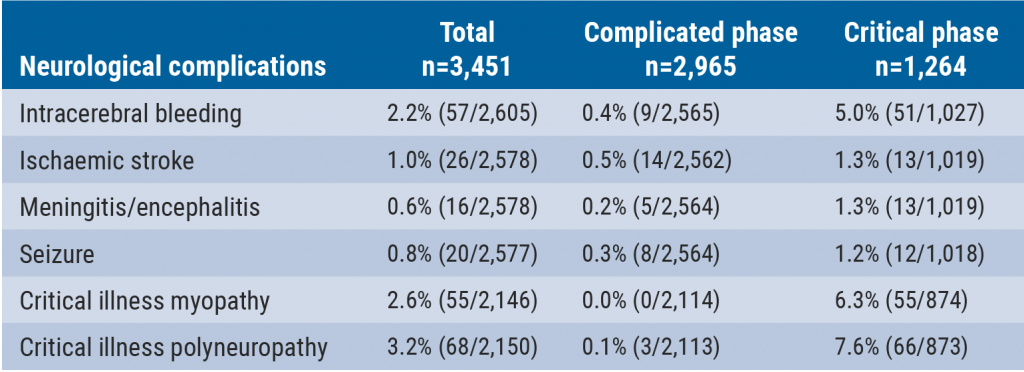It's estimated that between 1 and 1.8 million sports-related concussions sideline between 1 and 1.8 million athletes up to age 18 in the United States each year, with around 400,000 occurring in high school athletes.
However, the symptoms of concussion are not specific and there are currently no standard diagnostic tests, so the true incidence and prevalence of sports-related concussion remain unknown.
While most sports-related concussions get better within a month, a key update from the 2011 consensus paper is "the new concept of persisting symptoms after sport-related concussion (PSaSRC), which are symptoms that last longer than the typical timeframe," corresponding author Dr. Margot Putukian of Athletic Medicine, Princeton University, in New Jersey, told Reuters Health by email.
"The majority of athletes with SRC recover within a typical timeframe (two weeks for adults and up to four weeks for children), and PSaSRC is not caused by a single pathologic process, but an interaction of post-injury symptoms that are complicated by pre-existing, co-existing and/or resulting biopsychosocial factors," Dr. Putukian said.
Factors that may prolong or complicate recovery include previous concussions, loss of consciousness for more than one minute, younger age, pre-existing migraine, ADHD, learning disabilities, depression, anxiety/panic attacks and motion sickness.
The update also emphasizes that SRC is "treatable, that strict rest after SRC slows recovery and increases the probability of prolonged symptoms and that the number and severity of initial symptom burden is the best predictor for the duration of recovery," Dr. Putukian told Reuters Health.
"Every concussion is unique, even in the same individual, and must be evaluated as such. As the lead author, Dr. Stan Herring (University of Washington, Seattle) always says -- 'if you've seen one concussion, you've seen one concussion," Dr. Putukian said.
The updated consensus statement is published in the British Journal of Sports Medicine. Its goal is to "assist the team physician in providing optimal medical care for the athlete with SRC," the panel writes.
In an email to Reuters Health, Dr. W. Ben Kibler, another lead author of the paper, said the team physician is in "the unique position of being the primary representative and organizer of delivery of care to the athlete. This document provides the team physician with important information on this clinical topic, including the clinical presentation, current thoughts on the evaluation of the injury, guidelines for treatment, information to help in educating athletes, parents and coaches, and the most current perspective on the understanding that a large proportion of these injuries will recover."
"The team physician can use this information to set up protocols for initial evaluation of the injury, monitoring clinical progress of recovery, have awareness of those who do not satisfactorily progress, and develop return to play criteria," Dr. Kibler said.
"As an orthopedic surgeon and team physician, I find this document and its guidelines to be a valuable asset in helping me be more effective in providing the care and knowing when to refer for more in depth care," he added.
The panel says more high-quality research is needed to fully understand young people's risks of returning to play after concussion and the effects on their long-term brain health and wellbeing.
The updated consensus statement was developed by the Team Physician Consensus Conference (TPCC), a project-based alliance among the American College of Sports Medicine, the American Academy of Family Physicians, the American Academy of Orthopaedic Surgeons, the American Medical Society for Sports Medicine, the American Orthopaedic Society for Sports Medicine and the American Osteopathic Academy of Sports Medicine.
The alliance meets annually to review evidence-based research on a select medical issue related to athlete care.
SOURCE: https://bit.ly/3xsBk7j British Journal of Sports Medicine, online June 16, 2021.
By Megan Brooks
Posted on
Previous Article
« Letter from the Editor Next Article
In early lung cancer, immunotherapy plus targeted radiation may up response rate »
« Letter from the Editor Next Article
In early lung cancer, immunotherapy plus targeted radiation may up response rate »
Related Articles

August 18, 2021
Hypersensitivity to uncertainty in subjective cognitive decline
© 2024 Medicom Medical Publishers. All rights reserved. Terms and Conditions | Privacy Policy

